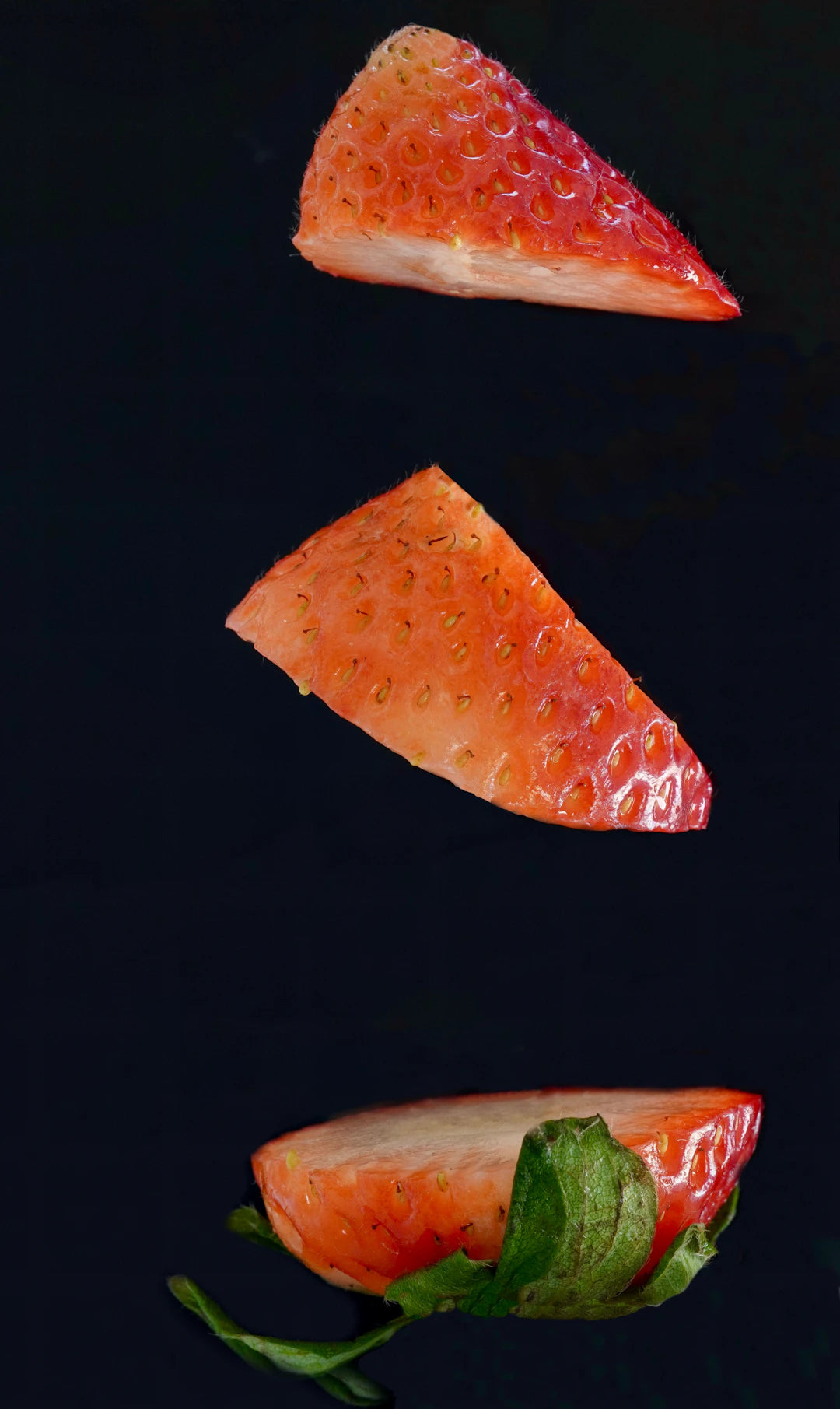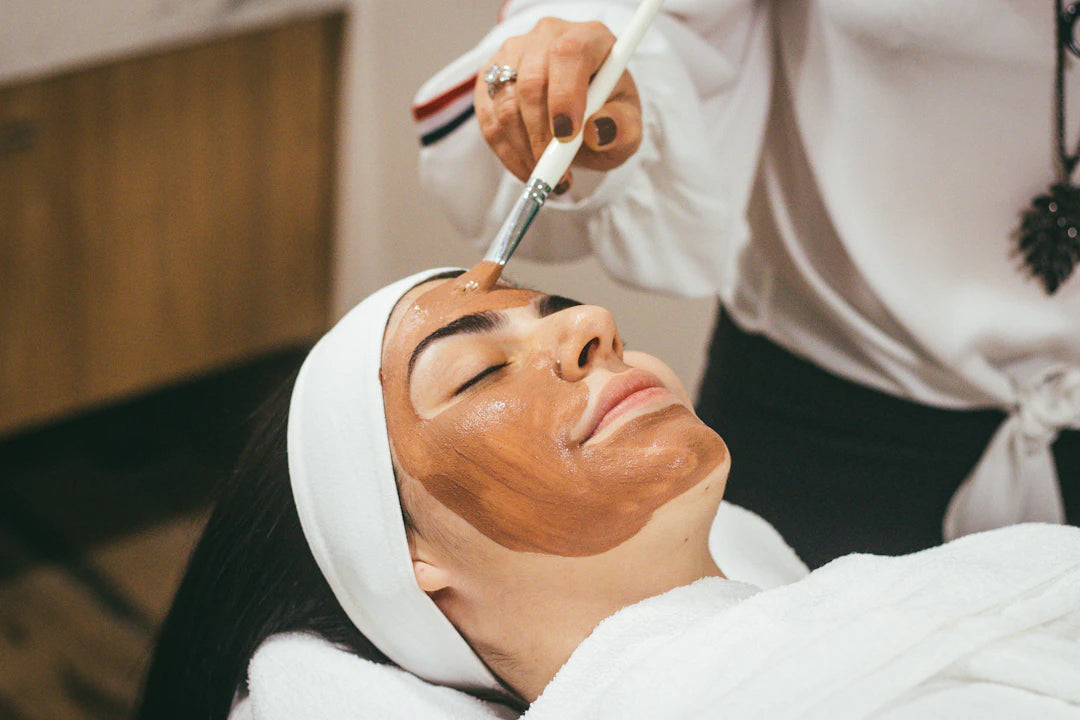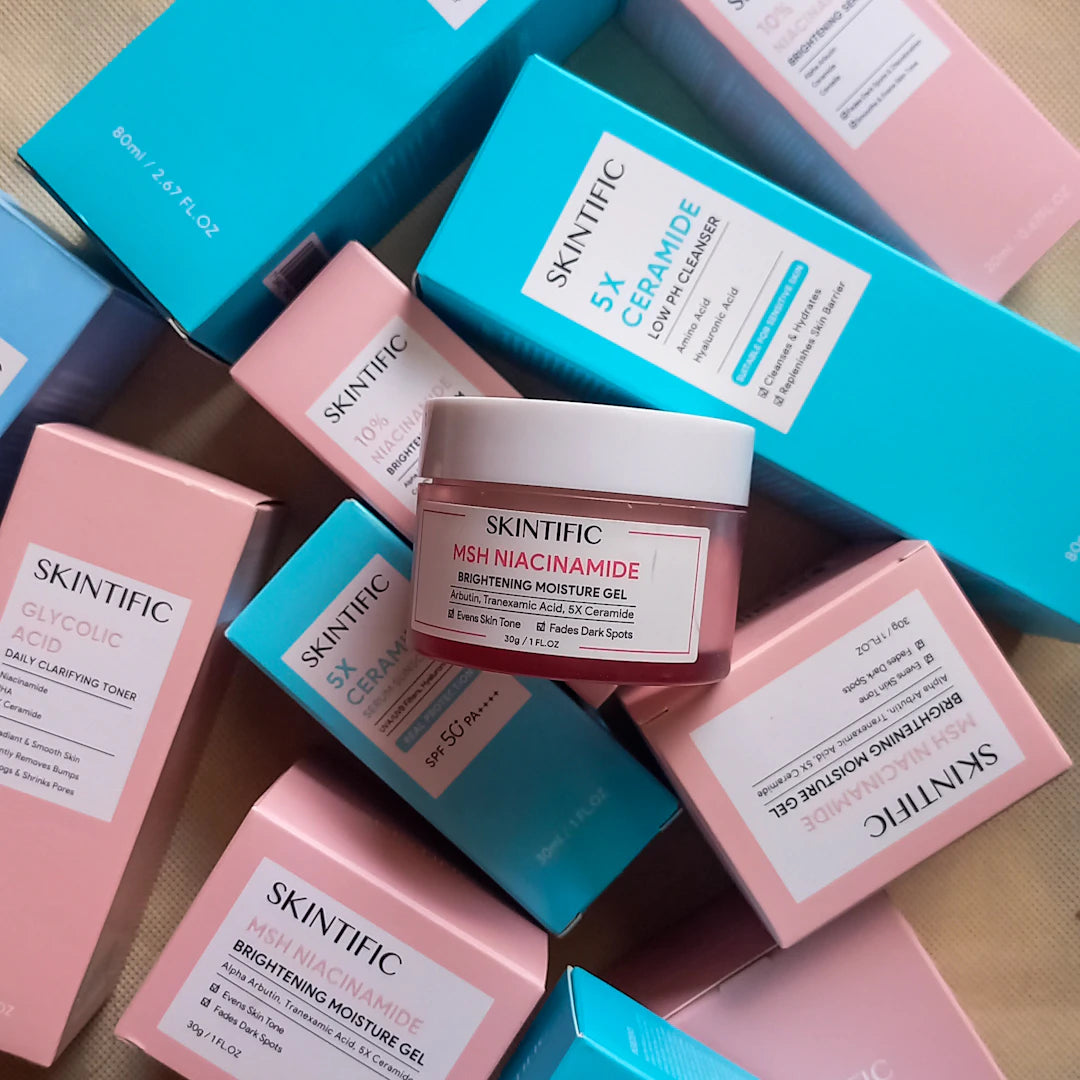Uncover Radiant Skin: How Your Diet Plays a Key Role

Overview
Diet plays a crucial role in skin health, influencing its appearance and vitality. Incorporate fruits, vegetables, healthy fats, and whole grains into your diet for a radiant complexion while avoiding refined sugars, processed foods, and excessive dairy. Stay hydrated, consider supplements, and understand your unique skin needs for optimal results. Embrace a holistic approach that includes proper sleep and stress management for healthier skin.
Frequently Asked Questions
1. How does diet affect skin health?
2. What foods can improve my skin's appearance?
3. What types of foods should I avoid for better skin?
4. How important is hydration for skin health?
5. Should I consider supplements for my skin?
Your skin is often considered a reflection of your overall health, and what you consume can greatly influence its appearance. From the foods you eat to the drinks you sip, diet can significantly affect your skin's health, texture, and radiance. In this article, we will explore the fascinating connection between diet and skin health, and how making informed choices can lead to glowing, youthful skin.
The Skin-Diet Connection
When it comes to skin health, the adage "you are what you eat" holds significant truth. The nutrients you derive from your diet not only nourish your body but also play a vital role in maintaining skin vitality. Here are some key factors in the diet-skin relationship:
- Hydration: Adequate hydration is essential for maintaining skin moisture and elasticity.
- Nutrients: Vitamins and minerals, such as vitamin C, vitamin E, and zinc, are crucial for skin repair and protection.
- Healthy Fats: Healthy fats, including omega-3 fatty acids, are vital for maintaining the skin's lipid barrier.
Foods That Beautify Your Skin
Certain foods can enhance your skin's appearance, leading to a more radiant complexion and reducing signs of aging. Here are some food categories to consider incorporating into your diet:
Fruits and Vegetables
Fruits and vegetables are loaded with antioxidants, vitamins, and minerals that help combat free radicals and keep your skin youthful. Here are some top contenders:
- Berries: Strawberries, blueberries, and raspberries are rich in antioxidants that fight skin aging.
- Leafy Greens: Spinach and kale provide essential vitamins that enhance skin health.
- Citrus Fruits: Oranges and lemons are high in vitamin C, which is vital for collagen production.
Healthy Fats
Fats often get a bad reputation, but healthy fats are crucial for glowing skin. Including sources of antiaging fats in your diet can lead to supple and radiant skin:
- Avocado: Rich in monounsaturated fats, avocados hydrate the skin and provide essential nutrients.
- Nuts and Seeds: Almonds, walnuts, and chia seeds are beneficial for skin health due to their omega-3 fatty acids.
- Fatty Fish: Salmon and mackerel are excellent sources of omega-3s, helping maintain skin elasticity and hydration.
Whole Grains and Legumes
Whole grains and legumes provide a steady source of energy and vital nutrients. They keep blood sugar levels stable, preventing the spikes that can lead to skin blemishes:
- Quinoa: A protein-rich grain that provides essential amino acids for skin repair.
- Beans: Rich in fiber and antioxidants, beans promote healthy digestion, which is linked to skin clarity.
Foods to Avoid for Skin Health
Just as there are foods that promote skin health, certain foods can negatively impact your complexion. Here are some culprits to limit or avoid:
Refined Sugars and Carbohydrates
Consumption of refined sugars and carbs can lead to insulin spikes, triggering inflammation and promoting skin aging. Consider reducing intake of:
- Sugary snacks and desserts
- White bread and pastries
- Soda and sugary beverages
Processed Foods
Highly processed foods often contain additives, preservatives, and unhealthy fats that can harm your skin. These foods can result in dullness and breakouts:
- Fast foods
- Packaged snacks
- Processed meats
Excessive Dairy
While dairy can be part of a balanced diet, excessive consumption has been linked to acne and other skin issues for some individuals. If you notice skin changes when consuming dairy, consider alternatives:
- Plant-based milk options (almond, soy, oat)
- Coconut yogurt and cheese alternatives
Hydration: The Unsung Hero of Skin Care
Hydration is perhaps one of the most overlooked aspects when discussing diet and skin health. The body requires sufficient water for optimal function, and this extends to the skin. Here are some hydration tips:
- Drink Adequate Water: Aim for at least eight glasses of water per day to maintain skin hydration.
- Eat Water-Rich Foods: Incorporate foods with high water content like cucumbers, tomatoes, and watermelon.
- Limit Caffeinated Beverages: Excessive caffeine can lead to dehydration; consider herbal teas as a substitute.
The Role of Supplements in Skin Health
In addition to a balanced diet, dietary supplements can play a role in achieving and maintaining radiant skin. Here are some options to consider, but always consult with a healthcare professional before starting any supplements:
- Collagen Supplements: These may help improve skin elasticity and hydration.
- Fish Oil: A source of omega-3 fatty acids that promotes skin health and reduces inflammation.
- Antioxidants: Vitamin E and other antioxidant-rich supplements may help combat free radical damage.
Your Skin and Hormonal Changes
Diet can also play an important role in balancing hormones, which can have a direct impact on skin health. Hormonal fluctuations can lead to skin issues such as acne, dryness, and aging. Here’s how dietary choices can influence your hormones:
- High-Fiber Foods: Eating fiber can help regulate blood sugar levels, which in turn supports hormonal balance.
- Fermented Foods: Foods like yogurt and kimchi promote gut health, encouraging proper hormone regulation.
- Healthy Fats: Incorporate sources of healthy fats to promote hormone production and balance.
Embracing a Holistic Approach to Skin Care
While diet plays a crucial role in skin health, it’s essential to adopt a holistic approach to achieve radiant skin. Consider these additional factors:
- Sleep: Adequate rest is essential for skin repair and regeneration.
- Stress Management: Chronic stress can lead to skin problems; explore activities like yoga, meditation, or hobbies to manage stress levels.
- Skincare Routine: Find a skincare routine that works for your skin type, incorporating suitable ingredients such as oil for radiant skin and sun protection.
Discovering Your Unique Skin Needs
No two individuals have the same skin type, and thus dietary needs may vary. It’s crucial to understand your skin and adapt your diet to what works best for you. Here are some strategies to discover your unique skin needs:
- Self-Inspection: Regularly assess your skin condition and note any changes based on dietary intake.
- Keep a Food Diary: Track your meals and corresponding skin reactions to identify patterns.
- Consult a Professional: A dermatologist or nutritionist can provide tailored advice for optimal skin health.
The Road to Radiant Skin Starts on Your Plate
Your journey to vibrant, healthy skin starts with the choices you make each day. By being mindful of your diet and opting for nourishing foods over harmful ones, you can support your skin in looking its best. Remember, the path to radiant skin is a marathon, not a sprint. Make gradual changes, listen to your body's needs, and watch as your skin reflects your commitment to health and wellness. Embrace a diet that empowers you, and enjoy the transformation that unfolds, leading to radiant skin and a renewed sense of confidence.
Linked Product

Beauty Oil
Beauty Oil combines the nourishing properties of moringa and sacha oils to provide hydration and support skin renewal. Its lightweight formula is designed to moisturize without clogging pores, making it suitable for various skin types. This product can be particularly effective in addressing signs of aging, such as fine lines and wrinkles.
View Product

